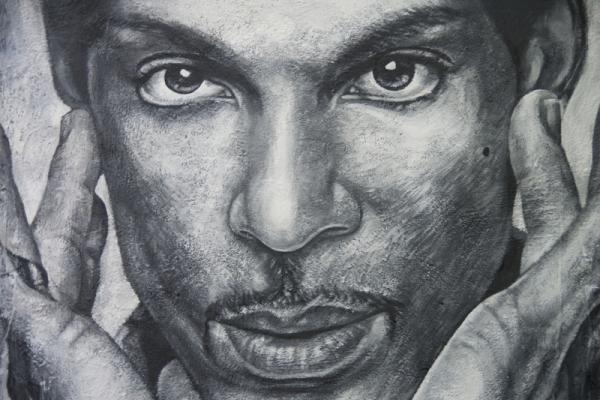Apr 21, 2016
While Prince's musical and theatrical talent is widley regarded, many may not know Prince was a deeply spiritual and religious man. Here are things to know about his faith life:
1. Prince grew up Seventh-day Adventist.
Prince, who was born Prince Rogers Nelson in 1958 in Minneapolis, used to be Seventh-day Adventist.
Read the Full Article

Already a subscriber? Login
